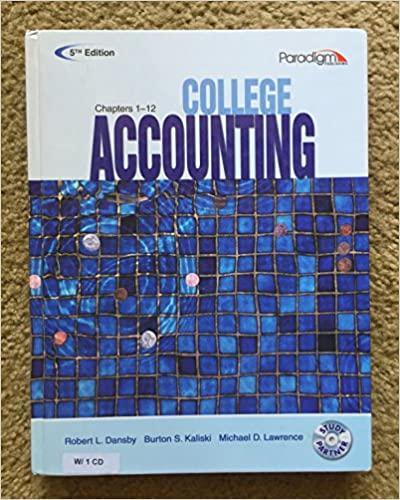1.Taxes can be justified if the government uses the revenue to
| (i) | provide public goods such as national defense. |
| (ii) | clean up negative externalities such as water pollution. |
| (iii) | regulate a common resource such as fish in a public lake. |
| (iv) | provide goods with positive externalities such as medical research. |
| C) | (i), (ii), and (iii) only |
| D) | (i), (ii), (iii), and (iv) |
2.A person's tax liability refers to
| A) | the percentage of income that a person must pay in taxes. |
| B) | the amount of tax a person owes to the government. |
| C) | the amount of tax the government is required to refund to each person. |
| D) | deductions that can be legally subtracted from a person's income each yea |
3. Which of the following is an example of a payroll tax?
| A) | a tax on the wages that a firm pays its workers |
| B) | a sin tax on distilled alcohol |
| C) | a tax on corporate profits |
| D) | the portion of federal income taxes earmarked to pay for national defense |
4. A transfer payment is a government payment
| A) | to companies that provide goods or services to government agencies. |
| B | designed to transfer funds from one government agency to another. |
| C) | which transfers revenue from the federal government to state government. |
| D) | not made in exchange for a good or service. |
5. Like spending on Social Security, the share of federal government spending on Medicare has risen substantially over time. This is most likely a result of
| | A)a rising population of poor in the economy. |
| B) | a rising population of the elderly in the economy. |
| C) | an immigration policy that promotes an influx of migrant farm workers. |
| D) | All of the above are important factors. |
6. Medicaid is
| | A)the government's health plan for the elderly. |
| B) | the government's health plan for the poor. |
| C) | another name for Social Security. |
| D) | Both a and c are correct. |
7. A budget deficit
| A) | occurs when government receipts are less than spending. |
| B) | occurs when government spending is less than receipts. |
| C) | occurs when government receipts are equal to spending. |
| D) | is the accumulation of years of government overspending. |
8. State and local governments
| A) | use a mix of taxes and fees to generate revenue. |
| B) | are required by federal mandate to levy income taxes. |
| C) | are required to tax property at a standard rate set by the federal government. |
| D) | must tax wages more heavily than interest and dividend income. |
9. One tax system is less efficient than another if it
| A) | places a lower tax burden on lower-income families than on higher-income families. |
| B) | places a higher tax burden on lower-income families than on higher-income families. |
| C) | raises the same amount of revenue at a higher cost to taxpayers. |
| D) | raises less revenue at a lower cost to taxpayers. |
10. The deadweight loss of a tax is:
| A) | the reduction in economic welfare of taxpayers that exceeds the revenue raised by the government. |
| B) | the improved efficiency created as people reallocate resources according to the tax incentive rather than the true costs and benefits. |
| C) | the loss in tax revenues. |
| D) | Both a and b are correct. |
11. A value-added tax or VAT is a tax on
| A) | retail purchases only. |
| B) | wholesale purchases only. |
| D) | all stages of production of a good. |
12. A person's marginal tax rate equals
| A) | her tax obligation divided by her average tax rate. |
| B) | the increase in taxes she would pay as a percentage of the rise in her income. |
| C) | her tax obligation divided by her income. |
| D) | the increase in taxes if her average tax rate were to rise by 1percent |






